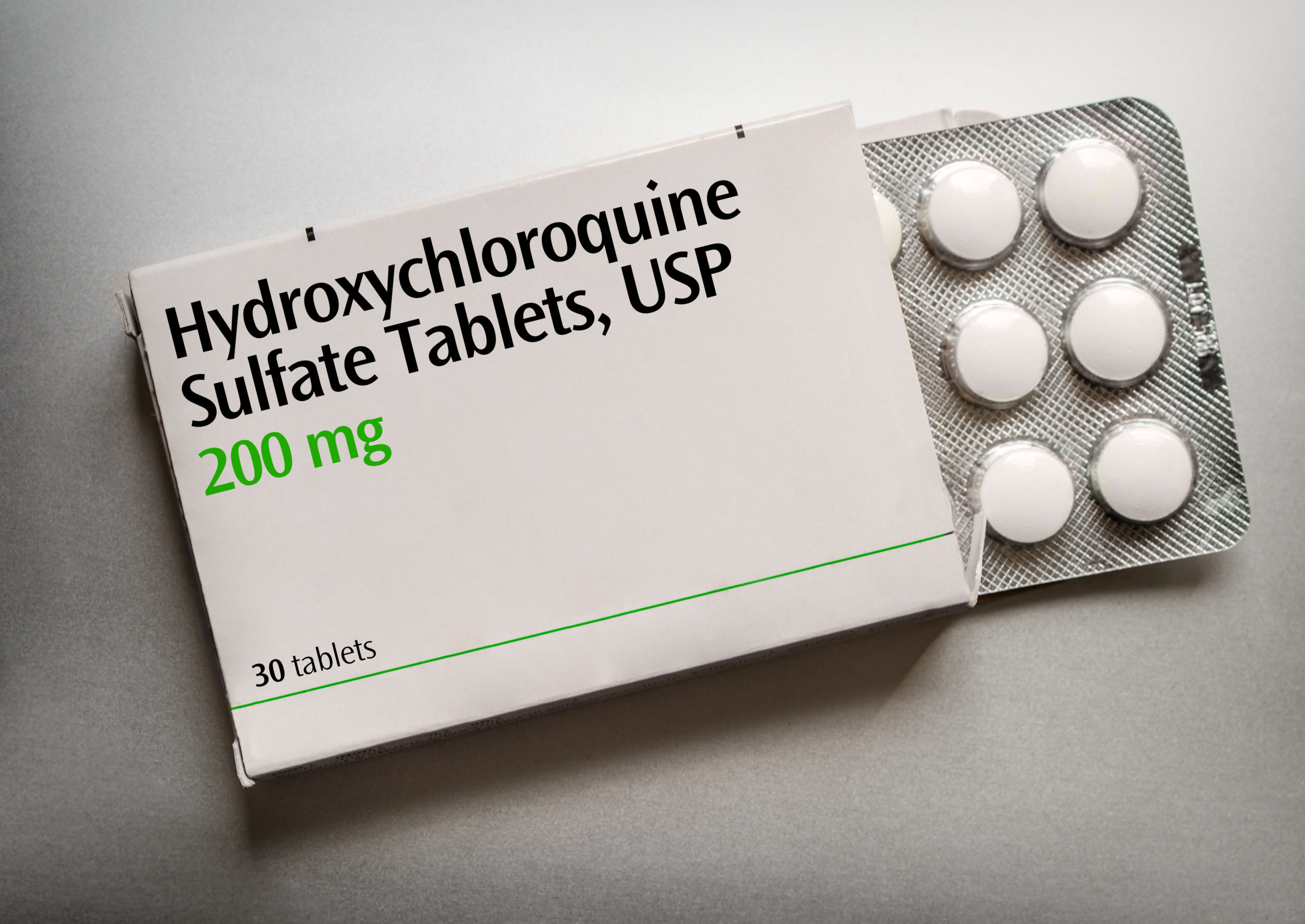The only way a man can remain consistent amid changing circumstances is to change with them while preserving the same dominating purpose.
— Winston Churchill
 On March 24, the state Board of Pharmacy issued an emergency rule at the request of the state Department of Health and Human Services (DHHS) on hydroxychloroquine and related emerging COVID-19 treatments. The reason for the rule was because of concerns over (a) shortages of the drug needed by lupus and rheumatoid arthritis patients and (b) little evidence to-date that it was effective toward treatment of COVID-19.
On March 24, the state Board of Pharmacy issued an emergency rule at the request of the state Department of Health and Human Services (DHHS) on hydroxychloroquine and related emerging COVID-19 treatments. The reason for the rule was because of concerns over (a) shortages of the drug needed by lupus and rheumatoid arthritis patients and (b) little evidence to-date that it was effective toward treatment of COVID-19.
As my Research Brief discusses, in the short time since the emergency rule passed, circumstances changed.
New studies (still early, so not peer-reviewed, but the last one included a control group) were suggestive the drugs were effective to treat at least mild cases of COVID-19. New supplies were found. A large survey of thousands of physicians across the world who had treated COVID-19 patients found that the largest plurality (37 percent) considered hydroxychloroquine the most effective therapy among 15 options. The U.S. Food and Drug Administration authorized the use of hydroxychloroquine and chloroquine to treat teens and adults hospitalized with COVID-19, finding that “Based on the totality of scientific evidence available to FDA, it is reasonable to believe that chloroquine phosphate and hydroxychloroquine sulfate may be effective in treating COVID-19.”
As I wrote:
What all this indicates is that what informed the passage of last week’s emergency rule is no longer the best available information. There are more indications that these treatments are effective and less need to worry about a shortage. Several other states that initially passed limits or prohibitions on hydroxychloroquine have seen the same shifting landscape and subsequently changed their prohibitions.
These changing circumstances informed this recommendation:
Allow health care workers and first responders on the front lines to receive preventative prescriptions of hydroxychloroquine, chloroquine, azithromycin, etc.
Why: to protect them from the virus along with masks, gloves, and other PPE
All that being the case, DHHS should move to allow preventative or precautionary prescriptions of hydroxychloroquine, chloroquine, azithromycin, etc. for health care workers and first responders on the front lines in this all-out public health war. State health officials should also consider prescribing for their immediate families as well as patients awaiting test results (for as long as results take days to return). Physicians should, of course, give all due consideration of the risks of the drugs in determining whether it is suitable for each affected individual.
But along with masks, gloves, and other PPE, this could be a big boost in North Carolina’s effort against the coronavirus.


